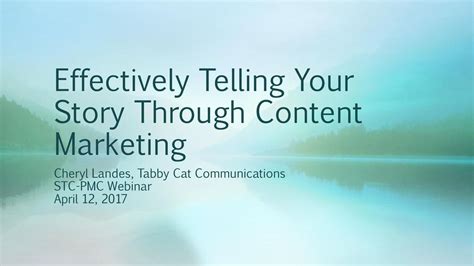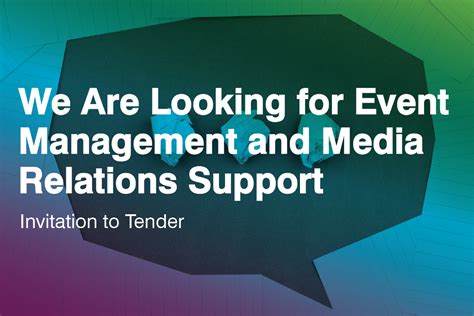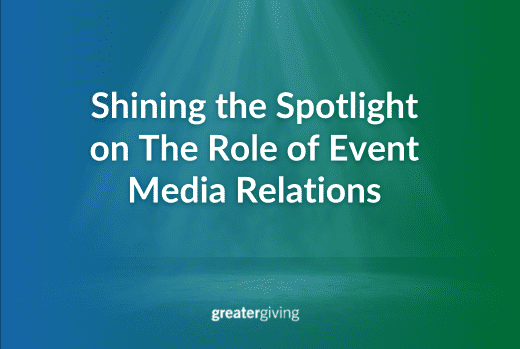Event promotion plays a critical role in ensuring the success of any gathering, from small business conferences to large festivals. In today’s digital age, blogging has become a powerful tool for marketing and promotion, offering a platform to engage with audiences and build excitement around events. Through well-crafted blog posts, organizers can share key details, generate buzz, and create a sense of anticipation long before the event takes place. This article explores the significance of blogging in event promotion, highlighting how it can boost visibility, drive attendance, and provide a cost-effective way to market events in a crowded online space.
Dive deep into this topic alongside isorblog.com
1. Introduction
In the world of event planning, successful promotion is essential to drawing attention, building anticipation, and ensuring maximum attendance. Whether it’s a corporate seminar, a music festival, or a community gathering, how an event is marketed can make all the difference. As digital platforms continue to evolve, blogging has emerged as a key player in event promotion. A well-written blog can reach a broad audience, providing valuable information, insights, and updates about the event in a more personalized and engaging manner. Not only does blogging offer a cost-effective way to spread the word, but it also allows event organizers to connect directly with their target audience, fostering a sense of involvement and excitement. In this article, we will explore the role of blogging in event promotion, examining its benefits, sharing tips for its effective use, and presenting real-world examples of successful event campaigns driven by strategic blogging efforts. By leveraging blogging, event planners can transform their promotional strategies for maximum impact.

2. Importance of events promotion
Event promotion is crucial for ensuring the success and impact of any event, regardless of its scale or purpose. Effective promotion raises awareness, generates interest, and drives attendance, which are all key factors in meeting an event’s objectives. Without proper promotion, even the most well-planned events risk going unnoticed, leading to low turnout and a missed opportunity to engage with the intended audience.
In today’s competitive landscape, event organizers must go beyond traditional methods like flyers or word-of-mouth. Digital marketing, especially through platforms like blogs, social media, and email, allows organizers to reach a broader and more targeted audience. This creates the opportunity for long-term engagement, where potential attendees are not only informed but also encouraged to interact and share the event within their networks.
Effective promotion can also help build a brand’s reputation, position the event as a must-attend experience, and ensure that the event’s message resonates with its audience. Moreover, with detailed promotional strategies, organizers can keep the audience excited and interested from the initial announcement through to the post-event follow-up. In summary, event promotion is a vital component of event planning, ensuring visibility, fostering engagement, and ultimately contributing to the overall success of the event.

3. Definition of blogging
Blogging refers to the practice of regularly creating and publishing written content on a website, typically in the form of articles or posts, to share information, opinions, or updates with an audience. Originally, blogs began as personal online diaries, but they have since evolved into powerful marketing tools used by individuals and organizations across various industries. In the context of event promotion, blogging serves as a dynamic platform where event planners can share relevant updates, behind-the-scenes content, and important information regarding upcoming events.
A blog post can range from informative guides, event previews, and interviews with keynote speakers to engaging content that builds anticipation or provides insight into event themes. By regularly posting, organizers can maintain a consistent presence online, which helps in creating a direct communication channel with their audience. Search engine optimization (SEO) techniques are often employed within blogging to boost visibility, making it easier for potential attendees to discover the event through search engines. Blogging combines creativity, communication, and strategy, making it an essential tool for businesses and individuals looking to promote events effectively, build engagement, and increase overall attendance.

4. Benefits of blogging in event promotion
Blogging offers several key benefits when it comes to event promotion. First, it helps increase visibility by providing a platform for event organizers to share detailed information that can be easily found through search engines. This visibility is crucial in drawing attention from a broad audience, including those who may not have been initially aware of the event. Additionally, blogging allows organizers to build a connection with their audience by offering engaging and informative content, which can spark interest and create anticipation for the event.
Another significant advantage is the ability to share updates and developments in real-time. Blogs can be continuously updated to reflect changes, new speakers, or additional event features, keeping potential attendees informed and excited. Blogging also provides long-term content that can be shared across social media, reaching an even wider audience. Moreover, the personal tone of blog posts helps establish trust, making readers feel more connected to the event. Overall, blogging is a cost-effective and versatile tool that enhances event promotion strategies and boosts audience engagement.
5. Examples of successful event promotion through blogging
There are numerous examples of successful event promotion through blogging, demonstrating how this tool can significantly boost attendance and engagement. One notable example is South by Southwest (SXSW), a popular music, film, and technology festival that leverages its blog to create excitement around its events. By regularly posting about panel discussions, artist lineups, and exclusive interviews, SXSW generates buzz long before the festival begins, keeping its audience engaged and informed.
Another example is the Content Marketing World Conference, which uses its blog to highlight key speakers, provide useful tips for attendees, and offer post-event summaries. This approach not only drives ticket sales but also enhances the overall attendee experience by giving participants valuable insights before, during, and after the event.
Smaller events, such as local food festivals or charity runs, have also seen success through blogging. By sharing behind-the-scenes stories, promoting sponsors, and offering early-bird incentives, organizers can create a more personal connection with their audience. These examples illustrate the power of blogging in creating anticipation and driving the success of events, large and small.
6. Tips for utilizing blogging effectively in event promotion
To effectively utilize blogging in event promotion, there are several strategies that can maximize reach and engagement. First, consistency is key. Regularly updating the blog with fresh content about the event, including schedules, highlights, or sneak peeks, keeps the audience engaged and interested. By maintaining a consistent posting schedule, organizers ensure their event stays top-of-mind for potential attendees.
Second, use search engine optimization (SEO) techniques. Incorporating relevant keywords, such as the event’s name, location, and key themes, can help the blog posts rank higher on search engines. This increases the chances of attracting new readers and potential attendees who are searching for related events.
Third, diversify the blog content. Blog posts should include a mix of informational articles, behind-the-scenes updates, speaker or performer profiles, and interactive content such as polls or contests. This variety keeps readers engaged and builds anticipation.
Additionally, share the blog across other platforms. Integrating blog posts with social media, email newsletters, and other marketing channels ensures the content reaches a wider audience. Lastly, engage with readers by responding to comments and encouraging discussions, creating a sense of community and excitement.
By following these tips, organizers can harness the full potential of blogging, driving awareness and attendance for their events.
7. Case studies
One successful case study is the annual “Inbound” marketing conference organized by HubSpot. The company uses its blog to build excitement by sharing detailed posts about keynote speakers, session topics, and exclusive interviews. This strategy not only attracts attendees but also enhances the overall event experience by keeping potential and past attendees engaged with continuous updates. The blog posts often feature calls-to-action for ticket sales, which helps drive registrations.
Another example is the “BlogHer” conference, which focuses on women in blogging and social media. The event organizers utilize their blog to showcase speaker profiles, share attendee testimonials, and offer insights into session content. By publishing guest posts from industry influencers and hosting interactive content, BlogHer builds a strong community and generates buzz leading up to the event. This approach has proven effective in driving ticket sales and fostering a sense of connection among attendees.
Lastly, the “TEDx” events leverage blogging to extend the reach of their talks. Local TEDx organizers create blog content that highlights upcoming speakers and shares previews of their talks. This not only generates interest but also helps in promoting the event to a wider audience beyond the immediate community, resulting in increased attendance and engagement.
8. Conclusion
In conclusion, blogging has become an indispensable tool in the realm of event promotion, offering a dynamic and cost-effective way to reach and engage audiences. By consistently providing valuable and engaging content, event organizers can build anticipation, boost visibility, and drive attendance. The ability to share updates, behind-the-scenes insights, and interactive content through a blog creates a direct line of communication with potential attendees, fostering a sense of involvement and excitement.
The success stories of prominent events like SXSW, Content Marketing World Conference, and BlogHer illustrate the tangible benefits of leveraging blogging for event promotion. These examples highlight how strategic blogging can enhance event marketing efforts, increase reach, and ultimately contribute to a successful event outcome.
To maximize the impact of blogging, organizers should focus on consistent updates, effective use of SEO, diverse content, cross-platform promotion, and active engagement with their audience. By implementing these strategies, event planners can effectively harness the power of blogging to not only promote their events but also build lasting connections with their audience. As the digital landscape continues to evolve, blogging remains a vital component of a comprehensive event promotion strategy, driving both engagement and success.
isorblog.com


